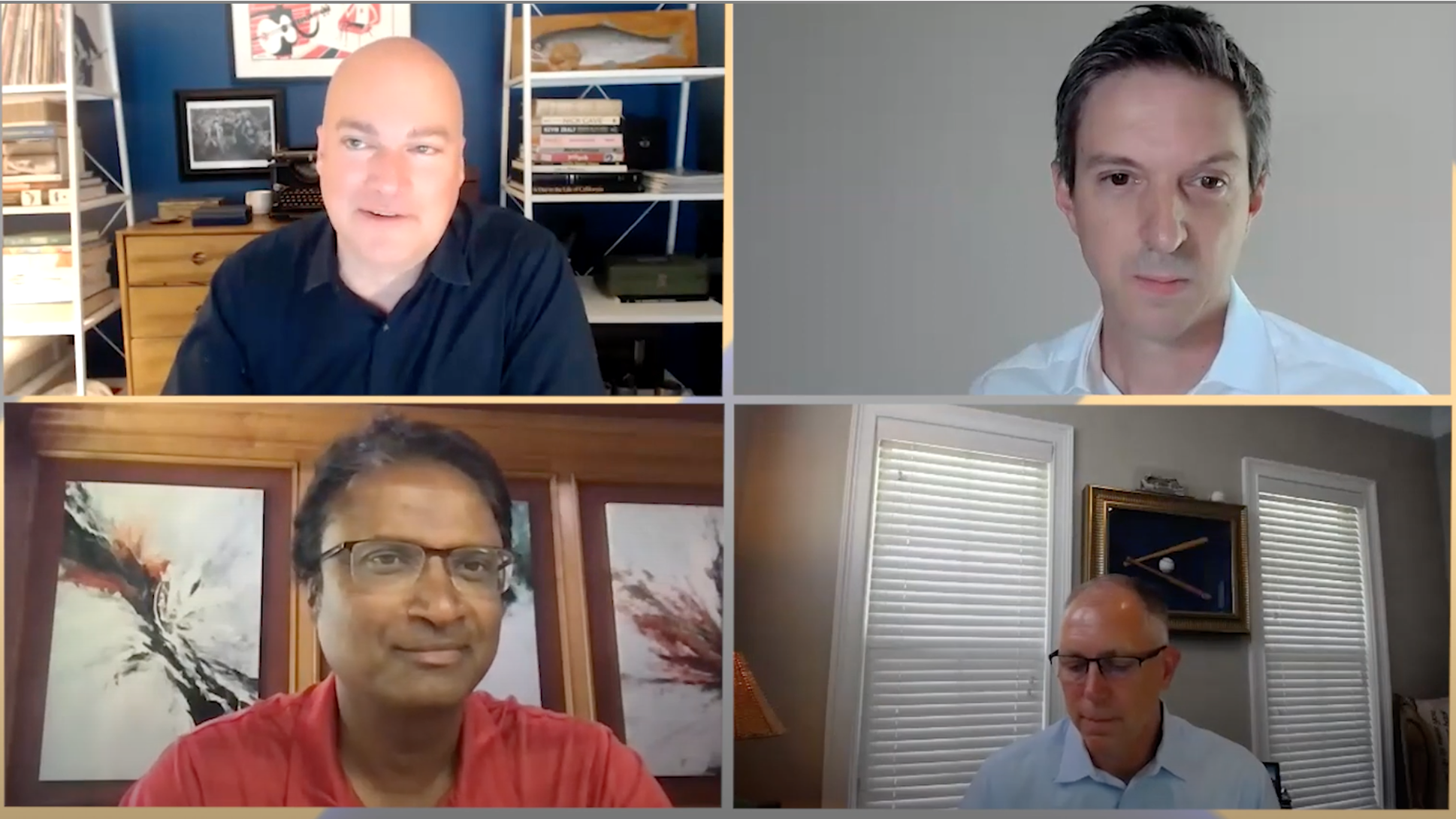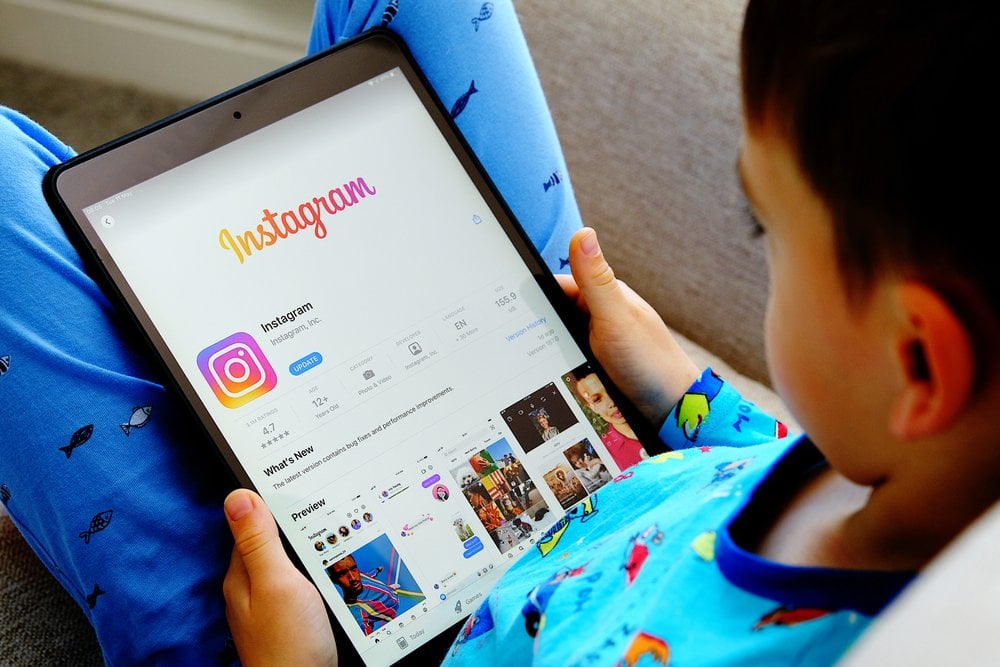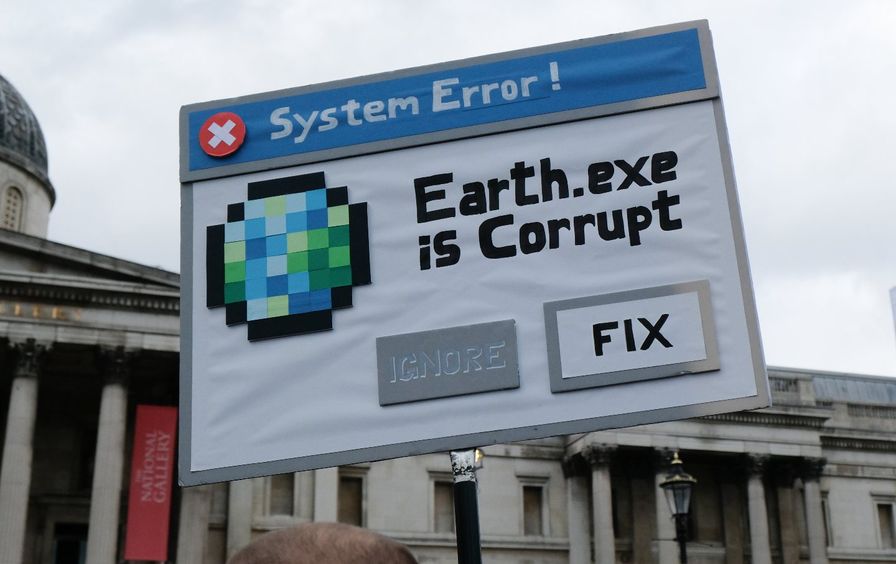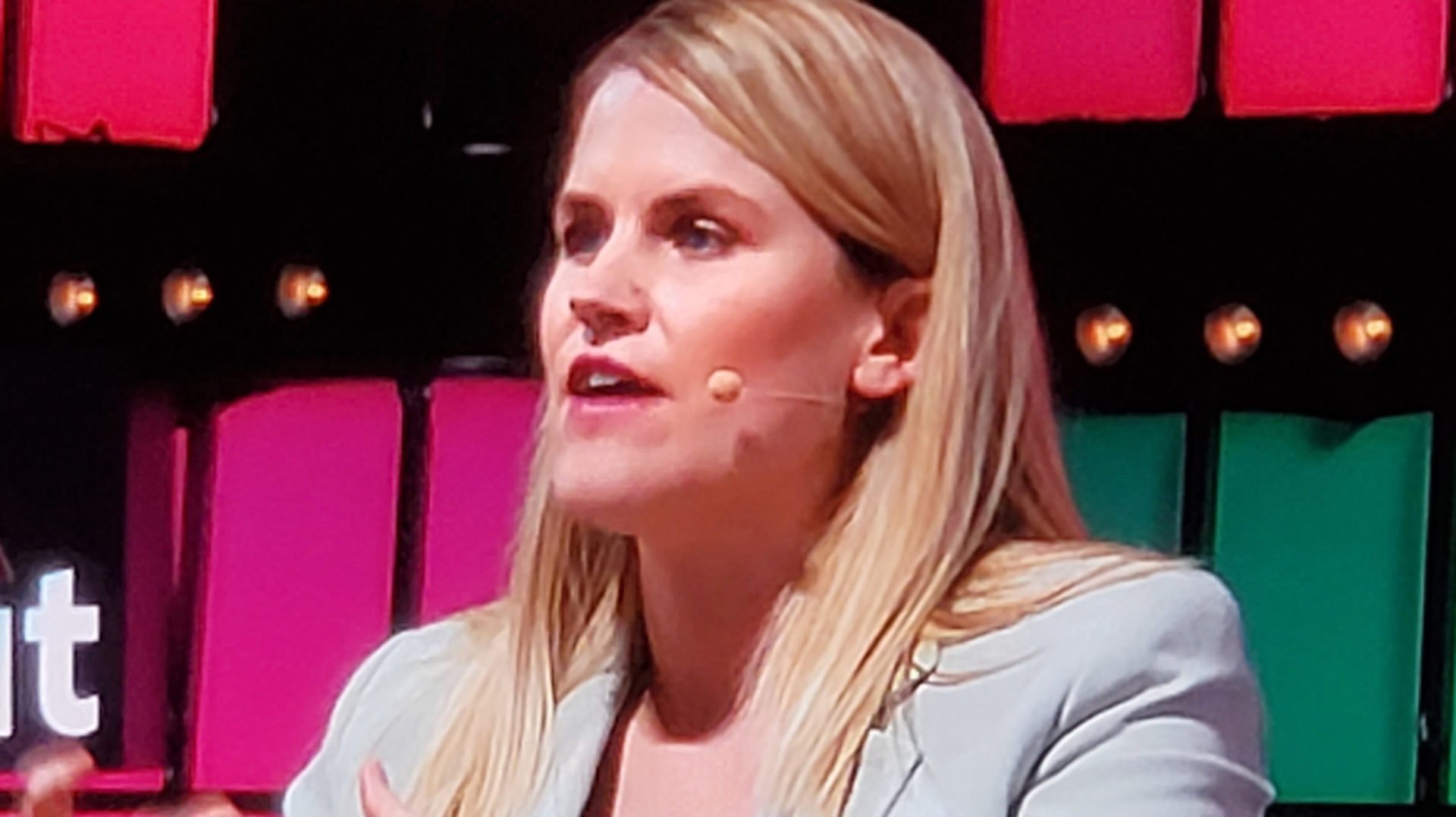
Occasionally I fall into the trap of thinking that the internet in this country isn’t manipulated. I’m 26 years old and came “on-line” in the 90’s, when the potential of the internet was just being realized. It was exciting to watch its rapid development. Back then, the internet was like the Wild Wild West. Merely going on-line left your PC susceptible to attack by viruses and spyware. We had to develop and subscribe to software just to fight the pesky bugs that threatened our computers.
Growing up with that version of the internet was exciting. I remember hearing the sound of the family dialup modem daily. That grinding sound of information somewhere in space waiting to be accessed. The world of instant gratification that we live in today was still years away. You had to wait for things to download to enjoy them. There was no set idea of what a “good” website looked like. Internet security was terrible, and you had to be cautious while “browsing.” At that time, we were still learning how to handle and organize all of the data that was being dumped into the web.
The World Wide Web was more human then. There was a sense of freedom and openness that used to exist on the internet. I remember flipping through books of URL’s looking for interesting sites to visit because search engines were so rudimentary. For reasons I can’t explain, words like “Napster” and “Limewire” still excite me. I remember my first email address, and discovering AOL Instant Messenger. That’s what it used to be all about: discovery. You would be jealous of your friend who knew about the latest software and coolest website. Now the internet is more of a refined propaganda machine.
The poetic promise of a youthful internet was found in the “Wikipedia” effect: the crowdsourcing of information and the coming together of people for the greater good. Once things really started moving fast, the baby boomers started calling it the “too-much-information age.” Now we are entering the misinformation age – and we all (especially us millennials) need to be careful. We will be the most gullible audience, as those in power slowly play with our perception of facts using these powerful tools of mass communication. We are hungry for information but we rarely exercise more than one method of searching for it: we “search” for it.
It’s time that we realized that the internet isn’t the same as it once was. A disturbing study published by the Stanford History Education Group discovered that college-aged kids have a “dismaying inability” to discern real news from fake news. With the birth of the Trump administration we now have “fake” fake news and “real” fake news… and as of this weekend, “alternative facts.” The internet is not responsible for sheltering you from false information. You are.
A very polished and sleek version of the internet exists in our pockets these days. What most people see is filtered by (“don’t call us media”) outlets like Facebook, Twitter, LinkedIn, Google, etc. These are the portals that we all use to explore content. I hate to break it to you, but these outlets are all majorly flawed. In the way that people used to criticize the TV news networks for only showing “bad news” so they could boost their ratings, social media and search engines are just a refined version of the same old problem. It’s a choose-your-own-perception world out there.
Most people I know express a general—and I would argue healthy—distrust of major media outlets. But that will not be enough over the next several years. It is time that we have a healthy distrust of what is on the internet. I’m not advocating that we should be suspicious of everything. That would be absurd. But when you see an article on “wepushaliberalagenda.com,” it might behoove you to take it with a grain of salt.
We are at a turning point and a time of transition worldwide. Globalization is happening faster now than ever before. I think that it’s a good thing. Even as populism takes root in a few major countries, the upside of a connected world is too important to ignore. If social media and the internet are powerful and far-reaching enough to create worldwide protests like the one this Saturday, that same reach can unfortunately be used to distort and manipulate facts on a massive scale.
Activists have been saying it for decades now: “the revolution will not be televised.” I still believe that it will be tweeted, and FB Live’d and shared – but will anyone be paying attention? Not all information is created equal, and outlets with the most money and power will always show up first on your search engines. And that article you really, really wanted to see, just to reaffirm your belief that pigs might be able to fly, will show up on your newsfeeds. On the other hand, just because a fact exists on the internet does not guarantee that you will see it. It is time we started taking responsibility for finding facts.
I can’t believe I’m having to say this, but this is the world we live in. It is time to question your friends and hold them accountable when they spread misinformation. The internet is what we make it – so let’s make it worth visiting. Oh, and there is still only one definition of the word “fact.”
Your Newsfeed is not “The Internet”
We now have “fake” fake news and “real” fake news… and as of this weekend, “alternative facts.” The World Wide Web of today no longer exhibits the youthful innocence that it once did. Facebook and Twitter are not responsible for sheltering you from false information. You are.















